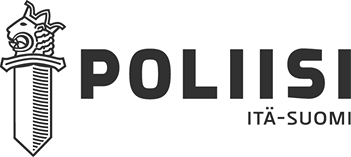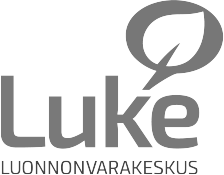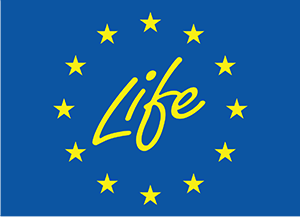The network of carnivore contact people will expand and strengthen, project planners will give assistance to people living in wolf regions and the operations of territory cooperation groups will be developed.
Cooperation and dialogue between citizens, contact people for large carnivores and the authorities will reduce negative effects associated with wolves, such as fear, concern and losses. Cooperation helps to spread information about the movement of wolves and good practices on how to protect domestic and production animals.
There are already networks in Finland that convey information about wolves locally to researchers and the authorities, and vice versa. These networks include the network of contact people for large carnivores and territory cooperation groups.
In the LIFE BOREALWOLF project, cooperation and interaction in wolf regions will be improved by developing and supporting the existing networks. Furthermore, project employees will work together with people living in wolf regions with regard to the prevention of losses and the management of wolf-related conflicts.
Through carnivore contact people, the observations of individuals become part of research
The network of volunteer contact people for large carnivores has operated since 1978 and is an important part of carnivore monitoring. Contact people are local and trained specialists, usually hunters, who confirm and record observations of large carnivores. Observations are entered in the TASSU system, and Luke uses them in evaluating the wolf population. Hunting associations appoint contact people for large carnivores, and the Finnish Wildlife Agency coordinates the network.
The LIFE BOREALWOLF project will update training material intended for contact people for large carnivores. The training material will be provided as an online course. In the future, contact people can be trained, for example, to collect DNA samples. The collection of DNA samples is an important link between volunteers and researchers. With the help of contact people for large carnivores, the DNA monitoring of wolves will be more comprehensive. Contact people help to produce regional information and summaries. The openly accessible riistahavainnot.fi website acts as an information channel, which will be developed in a more user-friendly direction during the project.
The number of people making observations of large carnivores will increase and the network will expand. In addition to hunters, other outdoor enthusiasts will be able to participate. When the number of volunteers increases, the workloads of individual volunteers will decrease. Furthermore, a geographically broader network, covering the whole of Finland, will be more reliable and transparent.
The training material will be supplemented by a final course test to increase the network’s skills and expertise. Know-how will be certified by a completed online test. These changes will ensure that every member of the network has a sufficient knowledge.
Activities of territory cooperation groups will stabilise
Territory cooperation groups will invite local stakeholders to discuss wolf-related questions. The goal of these groups is to provide people who are living in wolf territories with a forum for talking about wolf-related themes together. The groups will improve relationships between the game administration, researchers and citizens and reduce conflicts. The Finnish Wildlife Agency coordinates the activities of the territory cooperation groups.
The LIFE BOREALWOLF project will prepare straightforward guidelines for the groups’ activities and help the groups to interact with local parties. During the project, seminars will be arranged for territory cooperation groups in different regions. As a result, best practices can be shared.
Schedule and outcomes
The project planners and the police and game warden patrol will meet people living in wolf regions and cooperate with them throughout the project.
In 2020, a seminar will be arranged for territory cooperation groups. The development of course material for contact people for large carnivores will begin.
During 2021, the online course for contact people for large carnivores will be tested.
During 2022, guidelines for territory cooperation groups and the online course for contact people will be released.
During 2023, a cooperation group will operate in all interested wolf territories, and all groups will have completed training regarding the new guidelines. Half of all contact people for large carnivores will have completed the new online course.
During 2024, more training will be provided for contact people for large carnivores, and the activities of the territory cooperation groups will be supported.
During 2025, three seminars will be arranged for contact people for large carnivores, and all members of the network will have completed the new online course. Cooperation groups will be established in new wolf territories in accordance with the new guidelines.
After the project, the Finnish Wildlife Agency will continue to communicate and interact with people living in wolf regions. Training material for contact people for large carnivores will be openly accessible online. The Finnish Wildlife Agency and Luke will cooperate continuously to support the network of contact people for large carnivores. The territory cooperation groups will support people living in wolf regions and convey information locally to the game administration.
Cover photo: © Metla / Erkki Oksanen







